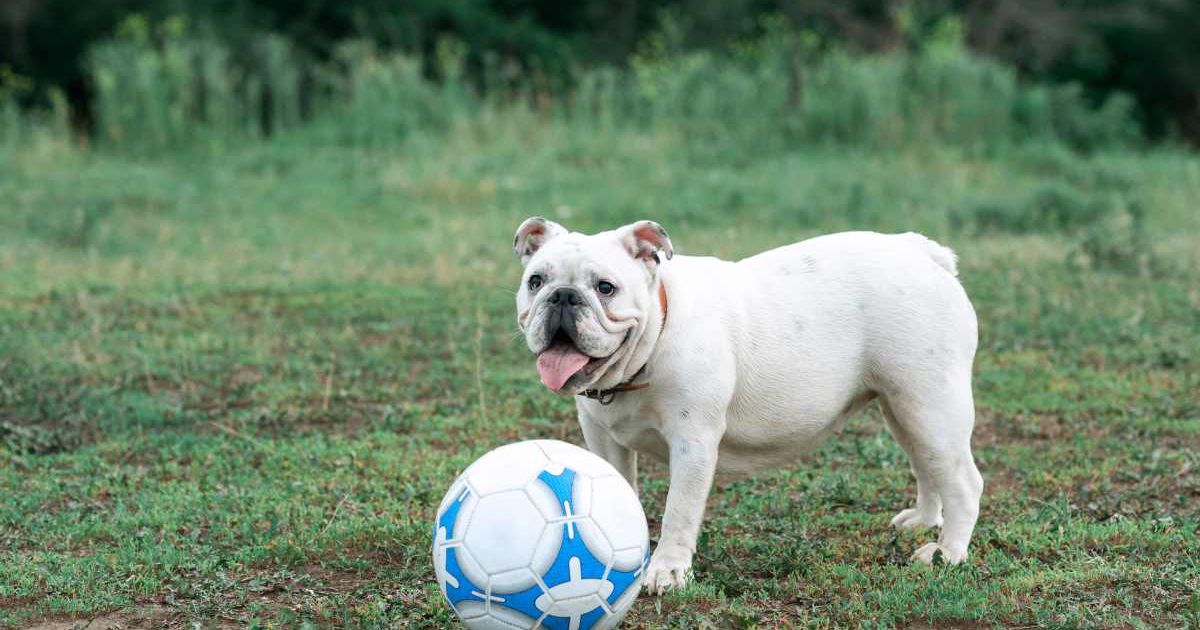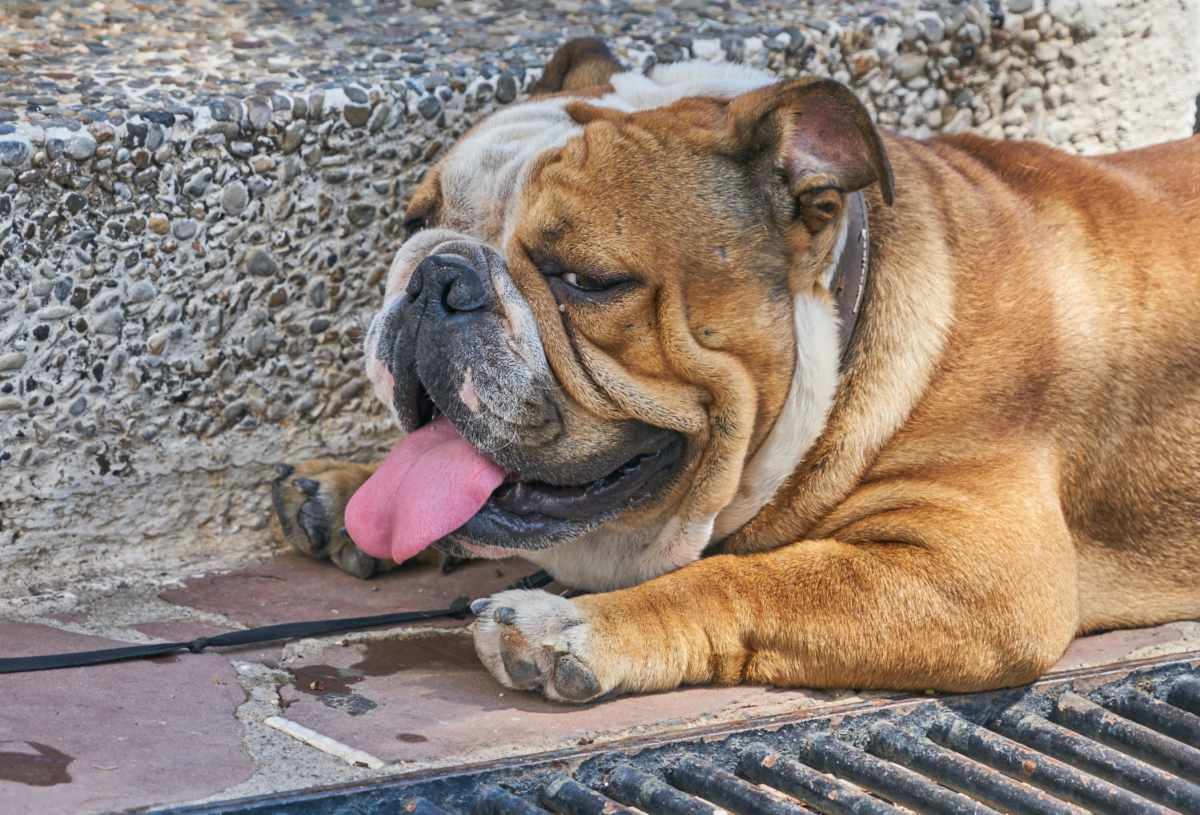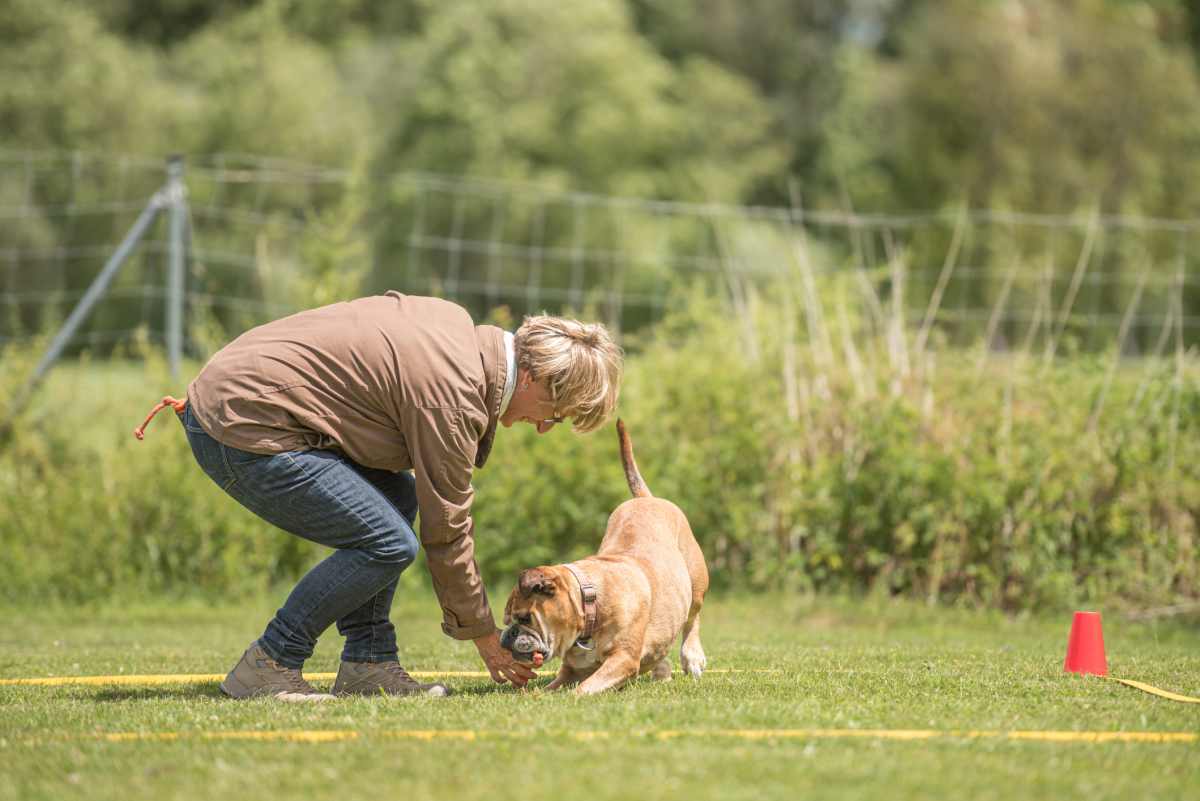Professional dog trainer says she’d never own an English bulldog – her reason is a warning for all pedigree breed lovers

Some dog breeds are naturally more independent than others, possessing a strong will and a distinct personality that makes training them both a challenge and a joy. While some dog owners may find this frustrating, others enjoy the unique experience of working with these dogs. As reported by Parade Pets, Adrienne Farricelli, a dual-certified dog trainer, shares her views and experiences with these independent-minded breeds.

Farricelli enjoys the challenges these breeds present. "Personally? I don’t mind some independent thinking," she says. "As a matter of fact, I enjoy training these dogs, as they keep me on my toes. They force me to get my creative juices flowing and help make training worth their while." However, Farricelli acknowledges that some breeds, like the English Bulldog, present different challenges that go beyond the dog's temperament. While Bulldogs are not resistant to training, their physical limitations often make the process more difficult, especially when it comes to managing their health and physical capabilities.

Farricelli recounts her experience with a Bulldog named Fiona, who was boarded at her training center in Arizona. "I knew we’d have to work around the heat," she explains. "But with brachycephalic breeds like Bulldogs, you really must crank that caution dial up to full blast." Bulldogs, with their distinctive smooshed faces, are prone to heat and exertion-related issues due to their anatomy. Farricelli describes how Fiona, after a short walk outside, began panting heavily and making snorting sounds that raised concerns about her breathing.
"This dog appears to be struggling to breathe, dangerously fast," Farricelli remembers thinking as she slowly took Fiona back indoors for rest, making sure not to worsen the situation by rushing her. This type of difficulty is common for Bulldogs due to their brachycephalic features, including narrowed nostrils and an elongated soft palate. "That smushed face squeezes everything inside, leading to narrow nostrils... the end result? It’s like the equivalent of breathing through a straw on a hot day while wearing a necktie," says Farricelli.
According to a report by the National Library of Medicine, brachycephalic obstructive airway syndrome (BOAS) is a breathing problem found in dogs with short skulls and muzzles, like Pugs, French Bulldogs, and English Bulldogs. This condition occurs because selective breeding for short faces compresses the bones and soft tissues, narrowing the airway. Dogs with BOAS often make noisy, labored breathing sounds, especially when they exercise or get too hot. They may also struggle to breathe while sleeping and experience vomiting or regurgitation from stomach pressure.
These health concerns have prompted researchers and breeders to look for ways to reduce the severity of the condition. "Some breeders and veterinary geneticists are committed to creating healthier breeding protocols," Farricelli explains. With these efforts, there is hope that future generations of Bulldogs can live healthier, more comfortable lives.